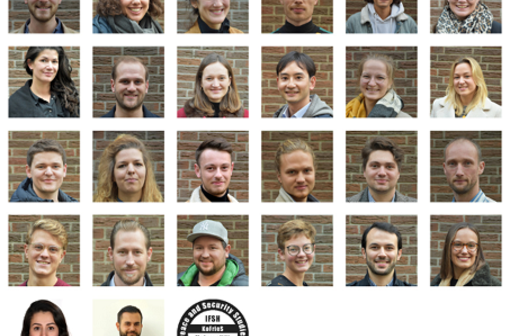The attack at Breitscheidplatz has become a symbol of Islamist terrorism in Germany. In December 2016, a religiously-motivated perpetrator killed 12 people and injured countless more when he purposely steered a truck into a Christmas market next to the Kaiser Wilhelm Memorial Church in Berlin. But even before this attack, Islamist violence and the activities of radical Islamists. Already before this attack, there had been a growing focus on Islamist violence and activities of radical Islamists in German society, prompting action by politicians and policymakers.
The various measures taken range from preventive steps to criminal sanctions. The way a society deals with radical Islam necessarily relates to fundamental understandings of liberal and pluralistic societies. This observation provides the starting point for a joint research project by the IFSH and the Peace Research Institute Frankfurt (PRIF). The researchers explore the tensions inherent in dealing with radical Islam through preventive and penal approaches and analyse which factors have been decisive for the individual measures taken.
The aim of the joint research project is, on the one hand, to to shed light on societal demands vis-à-vis the government and civil institutions. On the other hand, the project examines how the problem of radical Islam is perceived and what concepts, methods and possible actions are available to policymakers, administrative bodies, security agencies and civil society in order to respond appropriately to radical Islam in Germany and Europe.
The project, which began in September 2020, will run for four years and is funded by the Federal Ministry of Education and Research (BMBF). Total funding for the project amounts to EUR 1.36 million. In addition to project leader (and co-ordinator of the general association) Martin Kahl, Janina Pawelz, Reem Ahmed and Stephen Albrecht are working on the project.
More info about the KURI-Project





